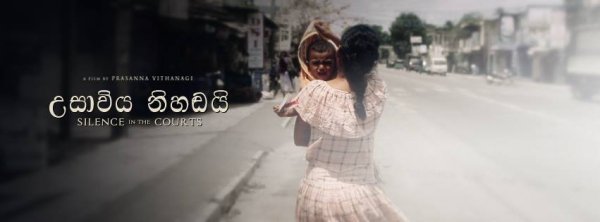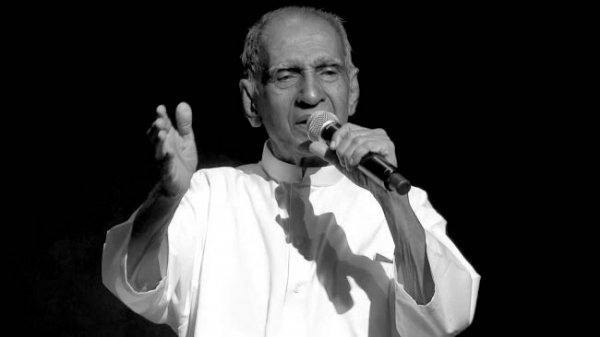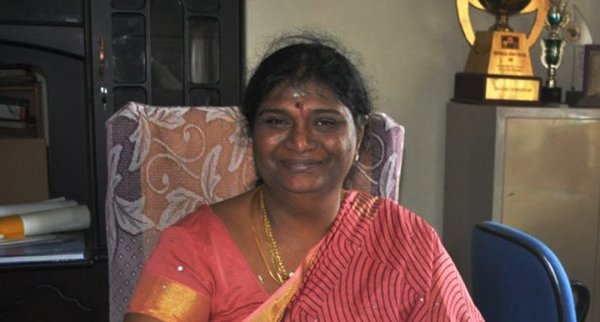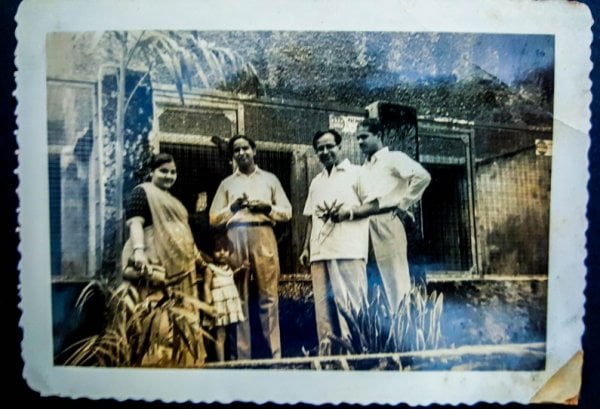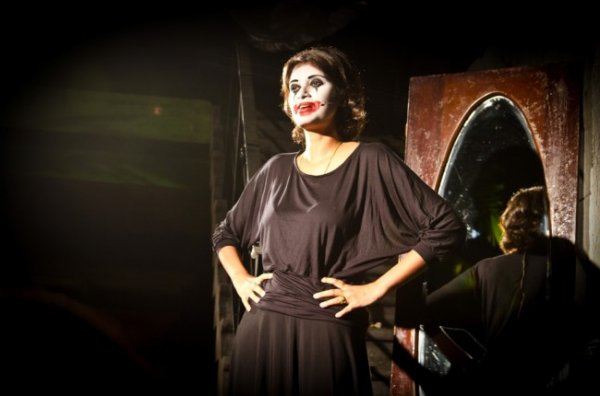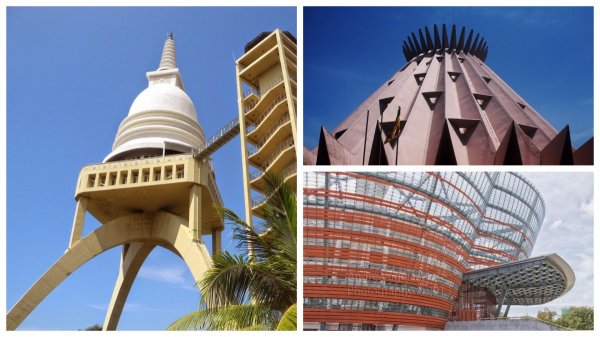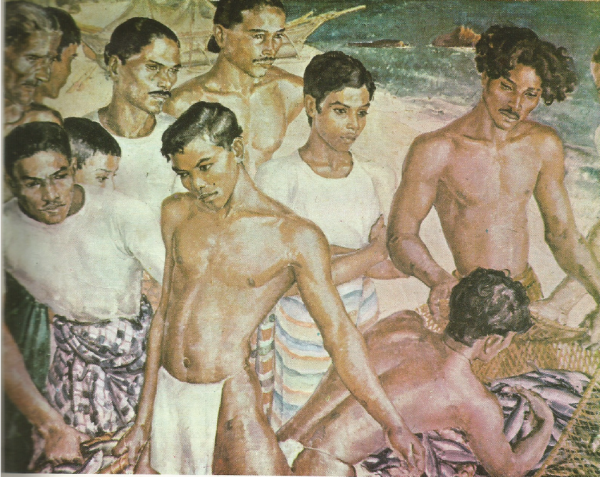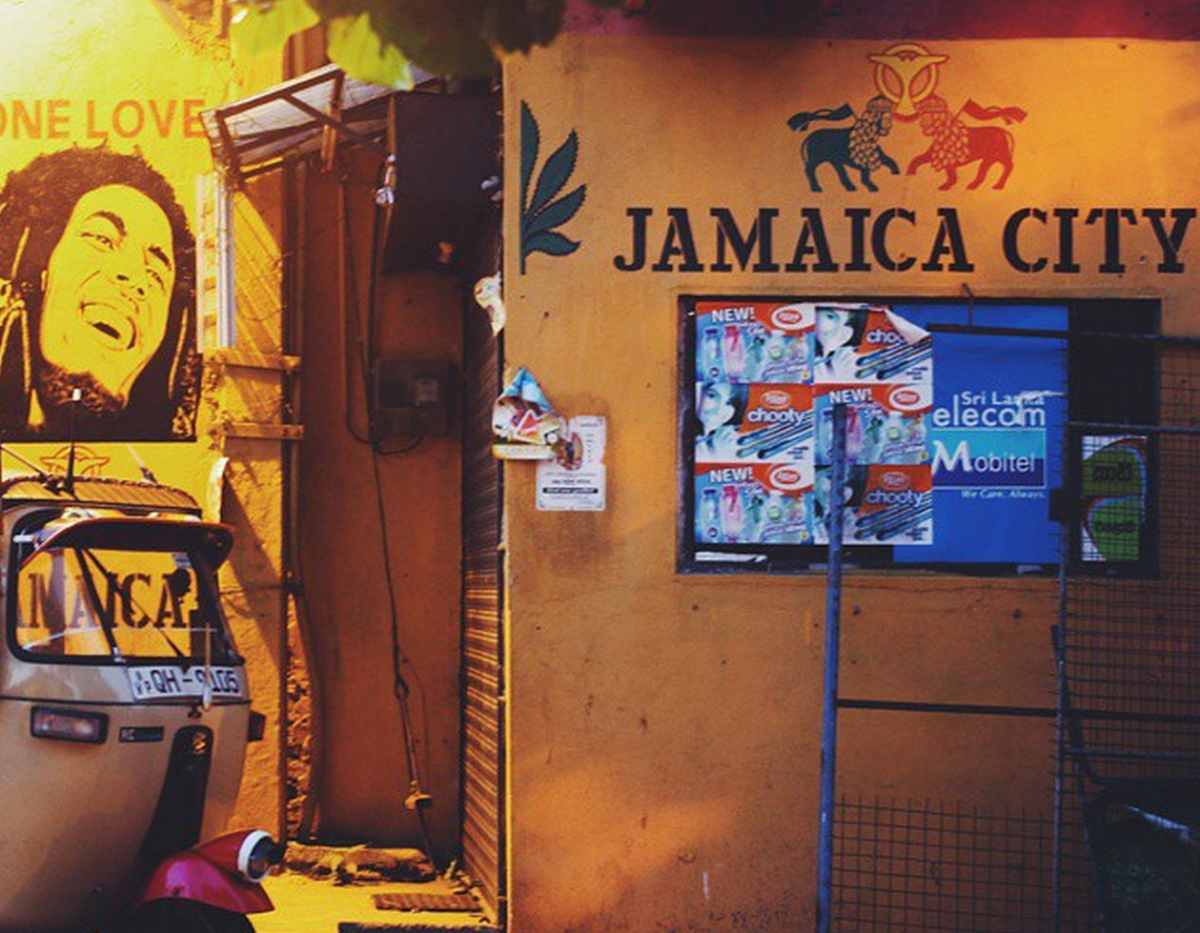
Some of us grew up with Led Zeppelin and Jimmy Hendrix close to our hearts whilst others were hooked to the stories of Tupac and his contemporaries and yet, another group of us who learnt and worshipped the moves and music of Michael Jackson. Then most of us hit a certain age of self-discovery and stumbled upon the soul sounds and heartfelt messages of Robert Nesta Marley. His music, coupled together with the herb, sunshine, beaches and stories of Jamaica was reggae culture as we knew it. However, there is more to it and we don’t have to go that far west to find this culture as it happens to be alive and kicking in our own little plot of paradise.
The History of Reggae in Sri Lanka
Sri Lanka has a lot in common with the famed reggae isle of Jamaica. Geographically both these tropical islands are beside the equator and historically, they were colonised by the Brits. The history of reggae in our island dates back to the flower power era of the 60s and 70s when people (many hippies amongst them) set sail our way in their quest for a peaceful getaway surrounded by nature. According to the founding member of the band Jayasri, Rohitha Jayalath, “certain parts of our coastal belt like the Hikkaduwa-Narigama stretch and the cool climes of Nuwara Eliya are quite similar to the famed Jamaican beaches and the Jamaican Blue Mountain.” Such locations gained popularity with foreign visitors and locals who were in search of a common lifestyle that revolved around freedom, peaceful living and meditation. Ultimately, it was them who brought reggae music to those areas.
The Music
Reggae in Sri Lankan is an emerging genre. A considerable number of original tunes have been recorded but they are yet to gain the recognition and credit they deserve. The origins of reggae music in Lanka date back to the cover bands that catered to tourist audiences 40 to 50 years ago.
Following that, the emergence of one-genre bands with their own music, like Jayasri, Rohantha Reggae, Upul and the Gang, Reggae Colours and Shaman Ranaweera established the original vibes of Sri Lankan reggae.
When discussing the role of Jayasri in the Sri Lankan reggae arena, Rohitha tells us, “our role is to share and spread love, peace and unity among people through the positive messages in our own words and music. We also want people to respect and love Mama Earth without polluting it.”
The Roots and Rastafarianism
When exploring culture, the roots are important. Thus we can’t talk reggae without a subtle dip in into Rastafarianism. Sporting dreads, smoking the herb, reppin’ the green, red and yellow does not make one a Rasta. The true essence of living this lifestyle is the want for love, peace, unity, positive vibes, mutual respect and love for Mother Earth. Very few real Rastafarians call our island home and the true relationship between Rastafarianism and Reggae is rare to come across.
Rohitha states, “The exterior side of reggae, the music and style, is very common whereas the sacred side, Rastafarianism, is rare. As much as this is the case in Sri Lanka, surprisingly it’s the same in Jamaica. The Rasta Vibe or Rastafarianism has to come from inside the person. It’s a divine thing, a positive lifestyle which venerates Haile Selassie and JAH the most high.” However, there are a few followers of Rastafarianism who spend their days in secluded parts of the country, practicing meditation and yoga, much like the Asian Yogis.
The Sri Lankan Reggae Vibe
For many, it´s a dream to have sun, sand, coconut trees, cocktails and reggae music all in one place. Sri Lanka fits the bill perfectly with scattered “beach clubs” of Hikkaduwa, Unawatuna, Mirissa, Arugambay and pretty much every other coastal village providing us with this experience. We also have the live concerts with both local and foreign artists, as well as a very friendly bunch of local residents. So, it’s only fair to say that the reggae vibes are alive and well in Sri Lanka.
The tuk tuks with Bob Marley stickers and misquotes, the beach bars, music and dreadlocks are all becoming commonplace in Sri Lanka, to a point where it seems to be somewhat of a growing subculture. However, there is more to it than what meets the eye; there is the love and respect for nature and all other living beings, and the straight up positive vibes which were given to us without any hesitation by our interviewees in true reggae spirit. You don’t have to be a Rasta to be a positive person, but taking a leaf out of this culture’s book could be the path to a satisfied soul and the unity of Sri Lanka.
Here and here are a few local reggae tunes to enjoy.
Featured Image Credit: Colombedouin
 Blue mountains of Jamaica at the top; the hills of Nuwaraeliya below
Blue mountains of Jamaica at the top; the hills of Nuwaraeliya below
